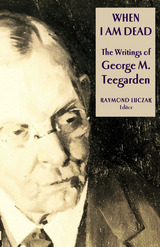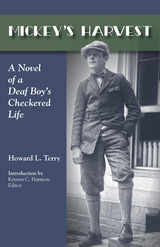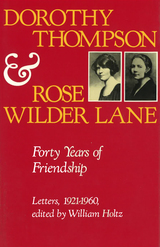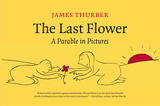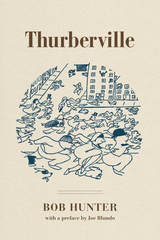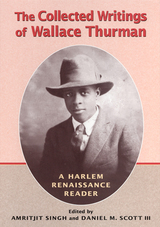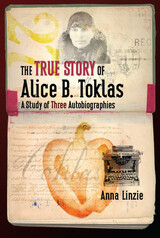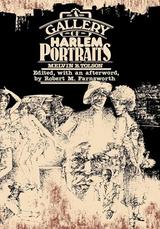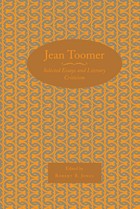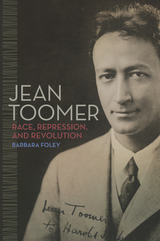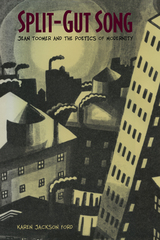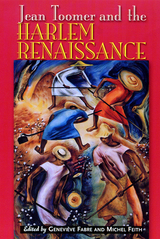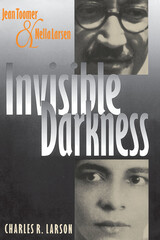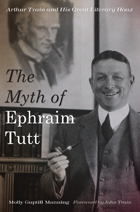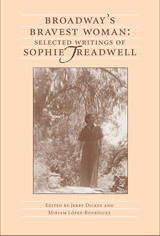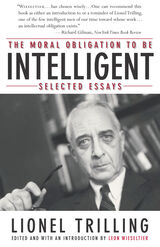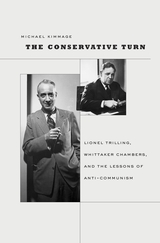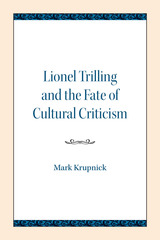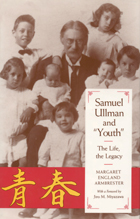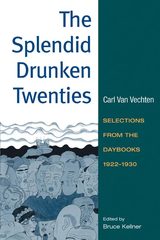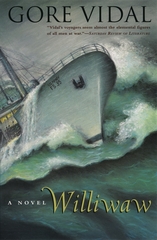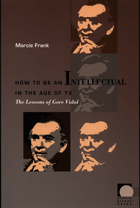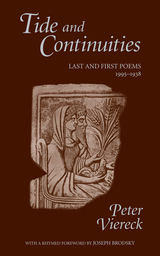Cloth: 978-0-8135-2845-8 | Paper: 978-0-8135-2846-5 | eISBN: 978-0-8135-5712-0
Library of Congress Classification PS3539.O478Z685 2001
Dewey Decimal Classification 813.52
Jean Toomer's novel Cane has been hailed as the harbinger of the Harlem Renaissance and as a model for modernist writing, yet it eludes categorization and its author remains an enigmatic and controversial figure in American literature. The present collection of essays by European and American scholars gives a fresh perspective by using sources made available only in recent years, highlighting Toomer's bold experimentations, as well as his often ambiguous responses to the questions of his time.
Some of the essays achieve this through close readings of the text, leading to new and challenging interpretations of Toomer's transcendence of genres and styles. Others show how the publication of Cane and his later writings placed Toomer at the heart of contemporary ideological and artistic debates: race and identity, the negro writer and the white literary world, primitivism and modernism.
See other books on: 1894-1967 | African Americans in literature | Comparative Literature | Harlem Renaissance | Toomer, Jean
See other titles from Rutgers University Press


